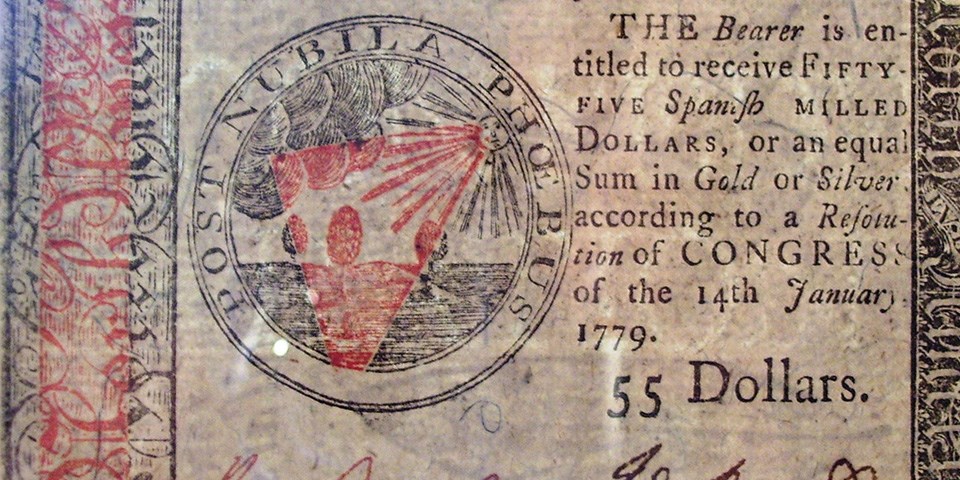Part of a series of articles titled The Constitutional Convention: A Day by Day Account for September 1787.
Article
September 2, 1787: Fraying at the Edges

“My situation here is extremely distressing; as I expected when I came away only to stay six weeks or two months at farthest, I made a money provision merely for that term, and out of that, forty one dollars, still remain in the hands of Mr. Blackledge who was to send them after me, but I have not heard from him since I left N. Carolina.”
--Richard Dobbs Spaight
The Convention stood at its usual Sunday recess.
Debate on ratification of the Constitution in the States on Friday reanimated serious and differing objections to its form by Mason (VA), Randolph (VA), Gerry (MA), Luther Martin (MD), and Gouverneur Morris (PA). Randolph wanted another convention to take up amendments proposed by the ratifying states. Mason made it clear that he could not support the proposed Constitution as it stood. L. Martin feared the military power afforded the new government. G. Morris, unlike the other discontents, wished for another convention that would make a more powerful national government than the one under consideration.
Of the fifty-five delegates who attended the Constitutional Convention, thirty-nine signed the Constitution and supported its ratification. Nine others left early for various reasons but still supported ratification. Three—Yates (NY), Lansing (NY), and Mercer (MD)—opposed the plan and had already left.
Gerry, L. Martin, Mason, and Randolph were still attending the Convention, although the first three had already decided they couldn’t support the plan and Randolph would soon make the same determination. Martin had reached this decision early, probably by June 16 and the death of the New Jersey Plan. Gerry had decided by August 21. Mason announced his opposition two days ago. All of these men, however, continued to work to improve the document. None tried to make it less acceptable and thus less likely to be ratified. Mason’s conduct is an example. It was he who moved and supported ratification by nine states, when a larger number would have made the Constitution’s ratification less likely.
- The Convention was observing its customary Sunday recess.
- Washington (VA) rode out to Bartram’s Garden and the country nearby, dined and drank tea at Gray’s Ferry, and returned to Market Street in the evening. He wrote the usual long letter of instructions to his nephew, George Augustine Washington, among other things requesting that a full-size model of Mr. Young’s plow be sent to Robert Morris (PA) so that R. Morris could manufacture others. He also wrote a brief letter to John Paul Jones and covered it with a note to Secretary of Foreign Affairs Jay, asking that he give the message to Jones or if he had left have it forwarded.
- William Roberts wrote from Fredericksburg, Virginia, to Washington asking the General to reemploy him and loan him 10 pounds.
- Spaight (NC) wrote John Gray Blount (brother of William Blount (NC)), detailing his financial situation and begging for assistance: “I have now overstayed the term I counted upon, two months, and shall be here till tomorrow week, when I hope to get away provided I can get money to pay off my Accounts here and bear my expences home, which I have no other means of doing than by borrowing, and no other way of doing that, then to get some friend to lend me his name to a note for thirty days, and get it discounted at the bank, and depend for the payment of it on the remittance I expect you will make for me. You will therefore do me an essential service, by remitting on the best terms you can such monies as you have received upon my Account, as speedily as possible.”
Last updated: September 13, 2023
